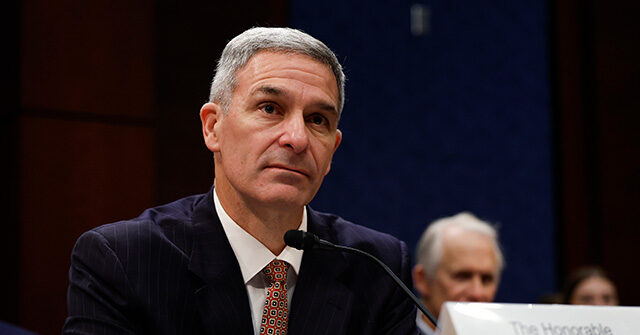USCIS Policy Update: 'Anti-American Activity' to Weigh Heavily in Green Card Decisions
This policy formalizes a stricter vetting criterion, significantly increasing the scrutiny faced by applicants for permanent residency and other discretionary immigration benefits.

Subscribe to our newsletter and stay informed about latest H1B news, policy updates and and other developments.
Article Summary
Former Acting USCIS Director Ken Cuccinelli announced a new USCIS policy requiring officers to consider 'anti-American activity,' including social media posts, as an 'overwhelmingly negative factor' for discretionary immigration benefits like green cards. Cuccinelli stated this change ensures consistent application of the standard, emphasizing that immigration benefits are privileges, not rights, for non-citizens.
Original Article: breitbart.com
[ Sentiment: neutral | Tone: factual ]
This summary and analysis were generated by TheNewsPublisher's editorial AI. This content is for informational purposes only; it does not constitute legal or immigration advice.
[ Sentiment: neutral | Tone: factual ]
This summary and analysis were generated by TheNewsPublisher's editorial AI. This content is for informational purposes only; it does not constitute legal or immigration advice.
TNP AI: Key Insights
This policy represents a significant shift by explicitly codifying 'anti-American activity' as an 'overwhelmingly negative factor,' moving beyond general 'good moral character' assessments. For skilled professionals and their employers, this means a heightened need for awareness regarding public online presence and past expressions, as these could now directly jeopardize green card applications and other discretionary benefits.
The directive raises questions about the definition and scope of 'anti-American activity,' which could lead to inconsistent application and potential legal challenges. This increased scrutiny could exacerbate anxiety among visa holders and may necessitate more robust legal counsel for applicants to navigate the implications of their past and present public statements.




